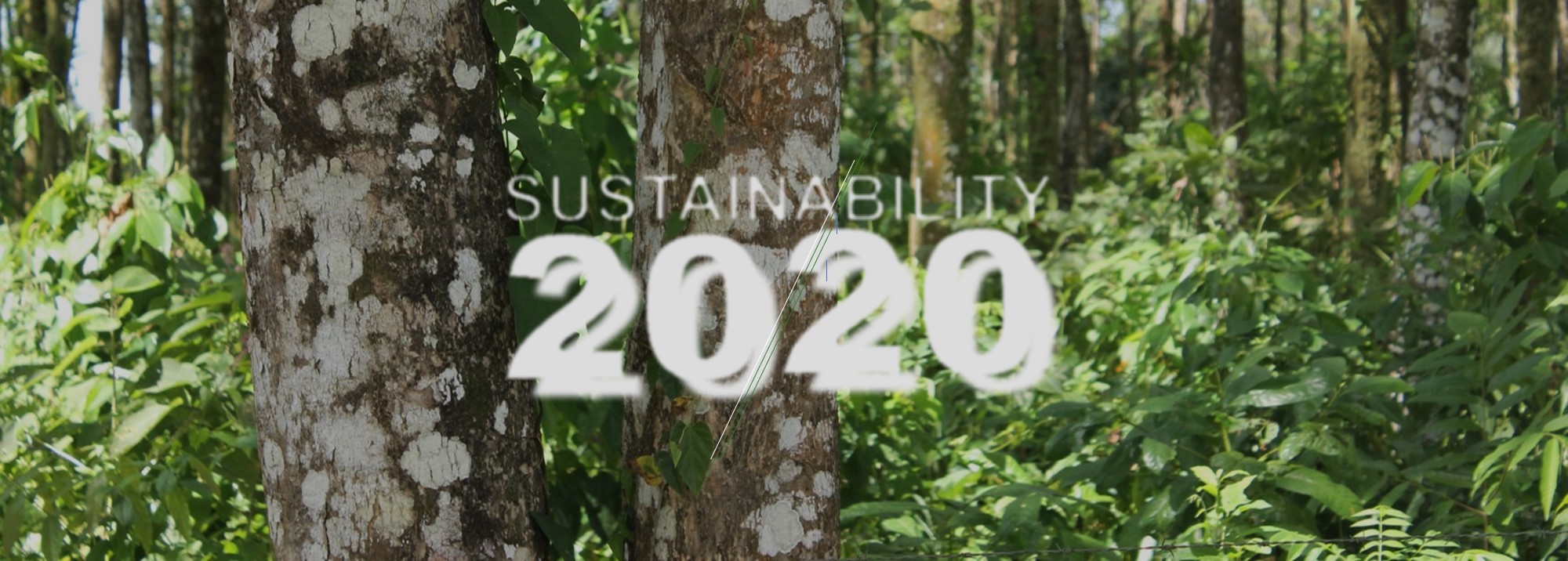
From Winston Churchill to Simon Sinek, we know the great motivational power of confidently stating the “WHY”. More and more organizations are keeping tabs on the bold sustainability goals that a number of corporations have claimed for 2020. I am wondering if those firms had the benefit of 20/20 vision since it seems likely that only a few of them will meet these goals if they were credibly measured or audited. Will these become sources of public embarrassment for corporate leaders?
In our ever more transparent age of data and information no leader accepts half-truths and shoddy data as the basis of their sustainability programs. The tendency toward bold or wishful claims illustrates a worrisome lack of understanding about what their sustainability programs actually require or, worse, a callous expectation that the marketing department will sort it out in 2020.
Fortunately some firms and even NGOs are galvanizing their efforts around transparent and commonly accepted science-based metrics. These are, quite simply, becoming a prerequisite – whether you want to reduce carbon emissions or optimize your investments in farmers.
Real data that constantly flows to all key points of sourcing and supply allows for better decisions and quicker course-corrections to meet organizational goals. This core principle needs to be more integrated into sustainability programs. Whether in cocoa or tea, in resilience or climate-smart agriculture, and even in the world of impact investing, the common bond of credibility is metrics that are science-based and globally vetted. Featured on our SEE Sustainability page are some of the diverse ways this applies across a wide spectrum of work.





